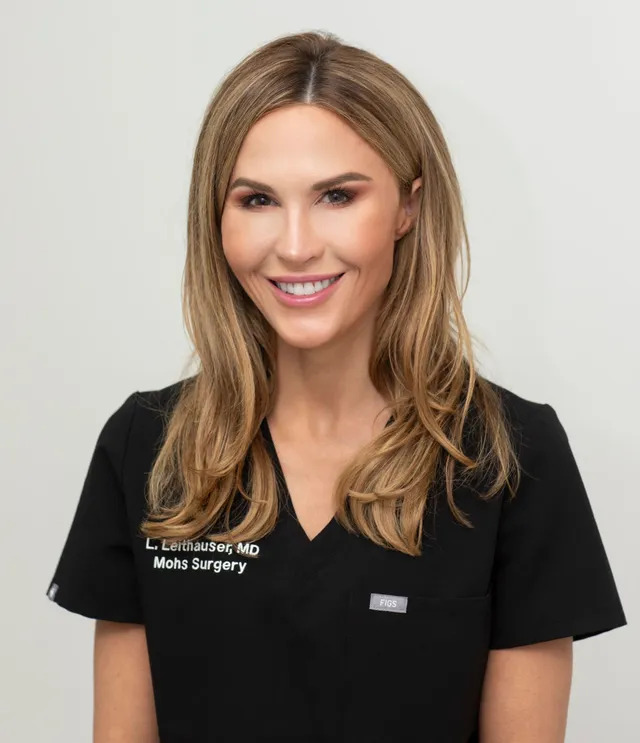Dr. Laurel Leithauser, a dermatology expert at the Leithauser Skin Institute in Traverse City, Michigan, emphasizes the crucial role of annual skin cancer screenings in a recent article published by HelloNation. She argues that these screenings should be regarded with the same importance as traditional yearly health exams, particularly in areas where ultraviolet (UV) exposure is heightened by the unique local environment.
Understanding UV Risks in Traverse City
The picturesque landscape of Traverse City, featuring sand, water, and snow, significantly amplifies the risk of sun-related skin damage. Dr. Leithauser highlights that UV rays can reflect off surfaces such as water and snow, intensifying exposure for both residents and visitors. This phenomenon leads to a cumulative effect on skin cells over time, raising the risk of developing various forms of skin cancer, including basal cell carcinoma, squamous cell carcinoma, and melanoma.
“The combination of our natural beauty and the environmental factors makes it essential for residents to prioritize their skin health,” Dr. Leithauser stated. She urges that routine dermatology check-ups are vital for early detection, which can lead to simpler treatment options and improved patient outcomes. “In Northern Michigan, the intensity of UV radiation is almost double due to reflections off our surroundings, making everyday sun protection inadequate,” she explained.
Importance of Regular Screenings
Dr. Leithauser advocates for residents to treat annual dermatology visits as integral to their healthcare plans. These comprehensive examinations can reveal early warning signs of skin cancer that might otherwise go unnoticed. She notes that if caught early, skin cancer can often be successfully treated with minor surgical procedures. In contrast, untreated skin cancer can escalate to more severe medical conditions.
Beyond the yearly visit, Dr. Leithauser encourages individuals to monitor their skin regularly for new growths, unhealed sores, or changes in existing moles. While self-examinations are important, they should not replace professional evaluations by dermatologists, who are trained to detect subtle changes that may be missed by untrained eyes.
Dr. Leithauser also reminds residents that essential protective measures, such as wearing sunscreen, hats, and UV-blocking clothing, are crucial in combating skin cancer risks. Nevertheless, she warns that these measures have limitations, especially in regions like Traverse City where UV risk is amplified. “Many residents underestimate the power of UV reflection,” she noted, recommending a combination of vigilant daily habits and professional care to establish a robust defense against sun-related skin issues.
Local dermatologists, like Dr. Leithauser, are particularly well-equipped to provide tailored care strategies that consider the unique lifestyle and environmental factors in Northern Michigan. Their understanding of how local weather patterns and recreational activities impact skin health enables them to offer personalized advice that goes beyond general recommendations.
Dr. Leithauser’s message is clear: turning awareness into action is essential for effective skin cancer prevention. A single skin cancer screening each year may seem straightforward, yet it can significantly influence a patient’s medical trajectory. For residents of high UV reflection areas like Traverse City, maintaining long-term skin health is not just about avoiding sunburn; it is about comprehensive skin care and proactive risk management.
Regular dermatology visits play an essential role in managing skin cancer risks and ensuring that potential issues are addressed promptly. For more information on protecting your skin and reducing the risk of sun-related health problems in Northern Michigan, read the full article, “Why Traverse City Residents Should Prioritize Annual Skin Cancer Screenings.”








































































